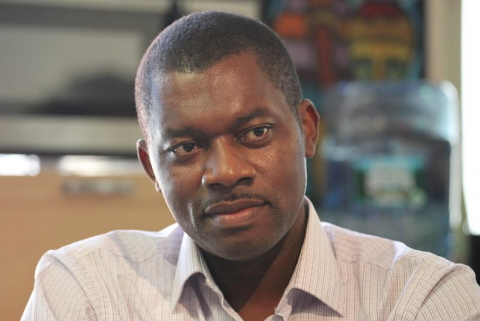Like many Christians switching churches, he now identifies as nondenominational
CHRISTIANITY TODAY
More than 180,000 people have stopped identifying with the Presbyterian Church (USA) in the past four years, according to official church numbers. Now there’s one more: President Donald Trump.
Trump told Religion News Service last week in a written interview mediated by spiritual advisor Paula White-Cain that he doesn’t consider himself to be Presbyterian. He was confirmed in the church and has called himself Presbyterian numerous times over the years. But no more.
“I now consider myself to be a non-denominational Christian,” Trump said in the statement. “Melania and I have gotten to visit some amazing churches and meet with great faith leaders from around the world. During the unprecedented COVID-19 outbreak, I tuned into several virtual church services and know that millions of Americans did the same.”
While the mainline denomination has previously challenged Trump’s affiliation, his recent departure seems to be the result of the president slowly moving away from his childhood church and toward a more evangelical faith.
Trump was not a regular churchgoer before he was elected president. He attended Norman Vincent Peale’s church for a while and praises Peale’s book The Power of Positive Thinking. He has also attended Episcopal churches for several Christmas and Easter services. In 2016, he was described by one prominent evangelical supporter as a “baby Christian.”
Since moving to the White House, however, he has visited many different churches, mostly evangelical and Pentecostal. He has met with numerous ministers, been prayed over, and sought the advice of spiritual counselors like White-Cain, a Florida televangelist often associated with the prosperity gospel, who took a position as the Trump administration’s faith outreach coordinator last year. City of Destiny, the church White-Cain founded in Florida, is nondenominational.
Most Americans don’t think Trump has strong religious beliefs, according to the nonpartisan Public Religion Research Institute poll. Roughly 40 percent say the president “is mostly using religion for political purposes.” White evangelicals who vote Republican see things differently: Fifty-nine percent say Trump has strong religious beliefs.
In some ways, Trump’s decision to disassociate with a mainline denomination is also part of a larger cultural trend. Many Americans have done the same. In 1975, nearly a third of Americans identified with a mainline denomination. Today, that has dropped to a little more than 10 percent.
The Presbyterian Church (USA) has declined from 3.1 million members in 1984 to about 1.3 million today. Membership has dropped by an average of 4.5 percent every year that Trump has been president.
READ MORE AT CHRISTIANITY TODAY

